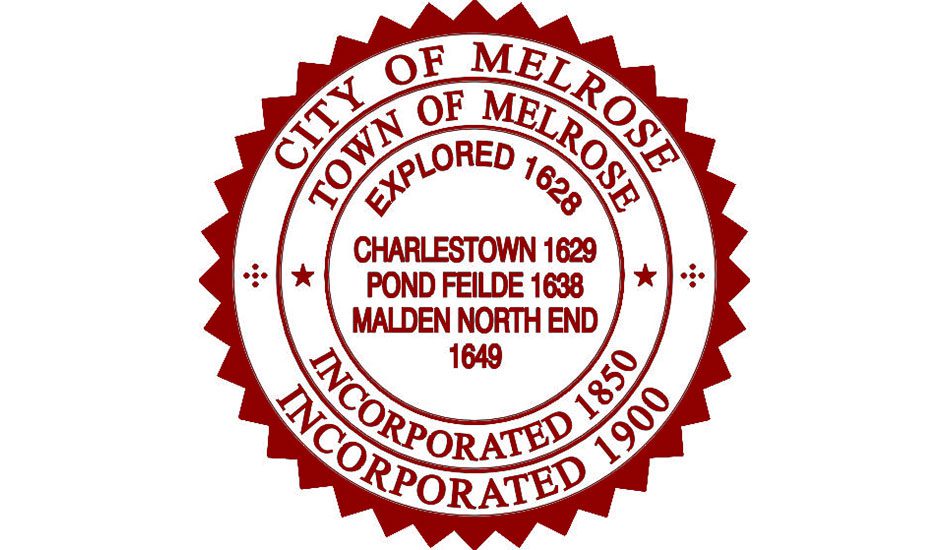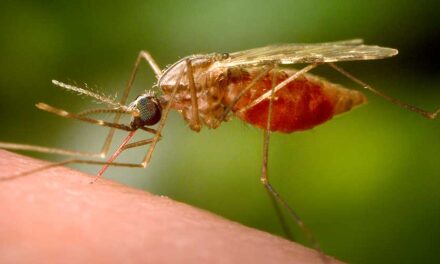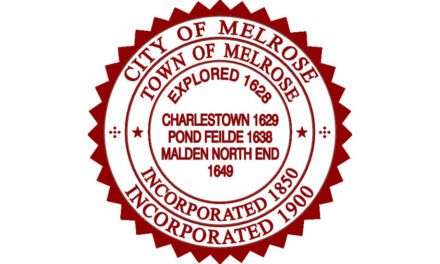WAKEFIELD — As the region’s extreme drought continues and forest fires have ignited locally, Fire Chief Edward Collina and Department of Public Works Director Elena Proakis Ellis encourage residents to increase their awareness of fire prevention.
Massachusetts’ recent wave of water scarcity and extreme heat have created an environment where it is easier for fires to start and burn in larger quantities. Chief Collina stresses the importance of taking simple steps to prevent fires from starting.
“It’s extremely important that cigarettes are extinguished in proper containers when outside and to refrain from using illegal fireworks,” Collina said. “Not only are the woods arid, but so are most of our lawns.”
According to the Chief Fire Warden for the Department of Conservation and Recreation (DCR), 98% of all wildfires in Massachusetts are human caused. Additional tips for preventing fires during a drought include, but are not limited to:
- Cook safely with a fire extinguisher nearby and know how to use it and inspect it often
- Teach children about fire safety and the dangers of playing with fire
- Have an evacuation plan with your family in case of a fire
- Rake up dead debris from your lawn, which could fuel a potential fire
- Do not light off illegal fireworks
- Dispose of cigarettes in the appropriate containers; don’t dispose of them outside your car window
In terms of water use during a drought, the City of Melrose follows guidance set by the Massachusetts Water Resource Authority (MWRA) — the wholesale water and sewer service provider that serves 3.1 million people and more than 5,500 large industrial users in 61 metropolitan Boston communities including Melrose.
According to the MWRA’s Drought Management Plan, its water supply source, the Quabbin Reservoir, has a normal condition status and therefore Melrose is not subject to water use restrictions. Despite this, the City generally promotes conservation in Melrose for the general environmental benefits.
According to the Massachusetts Executive Office of Energy and Environmental Affairs, water conservation measures aid in the reduction of water use and safeguard water for essential needs, such as drinking water, fire protection services, habitat recovery and environmental needs, and sustained water supplies.
“Less water use equals less energy use and less treatment chemical use,” said Proakis Ellis. “Our water rates are also deliberately structured to promote conservation. In terms of community water conservation, people could consider drought tolerant plantings in residential yards that are able to withstand this type of heat to minimize the need for outdoor watering now and in the future. We also advise that lawns and plants are watered in the early mornings or evenings, and never when rain is ion the forecast.”
Ultimately, the Department of Public works encourages everyone to do their part to conserve water whether we are experiencing drought conditions or not. For Fire Chief Collina, “As long as the Fire Department can get water from a hydrant in case of an emergency, I’m happy.”
To learn more about the MWRA and their water conservation tips, visit www.mwra.com/monthly/watersupplystatus.htm. To read the State’s drought safety tips, visit http://www.mass.gov/info-details/drought-safety-tips.





